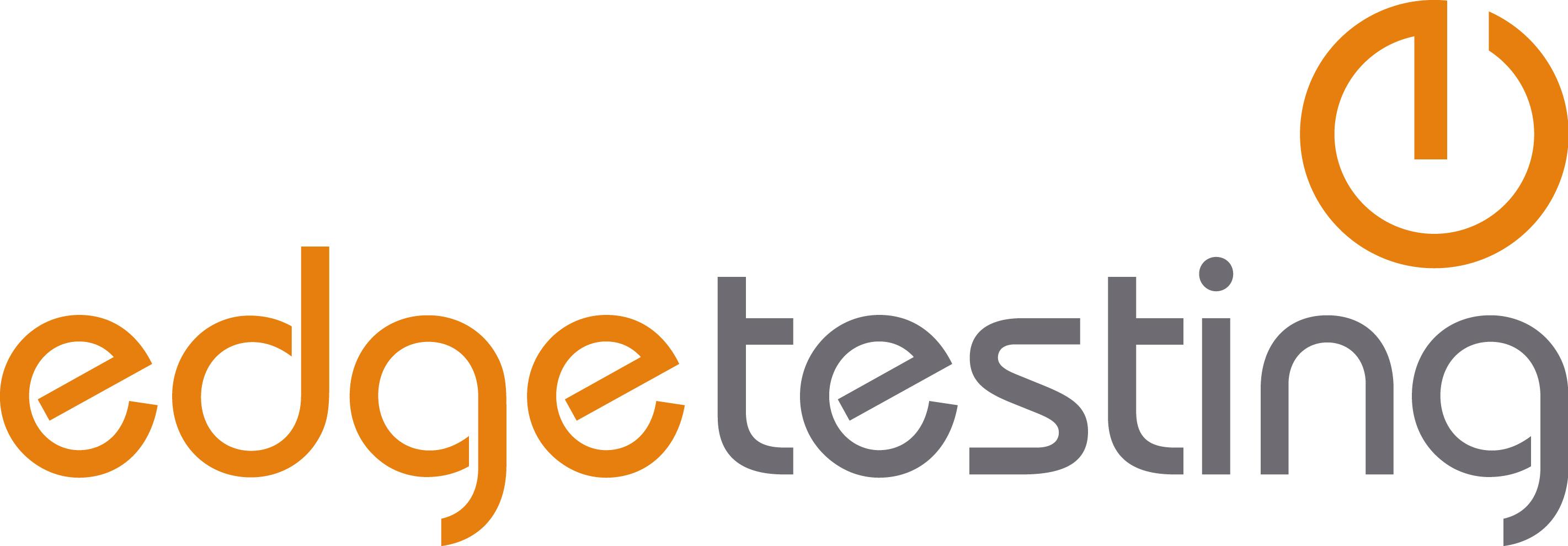Circadacare secures £1.3M investment to support healthy ageing in Tyneside
A Tyneside lighting technology company has secured £1.3 million to bolster its efforts in assisting people in living independently for longer.
Circadian Lighting Limited, trading as Circadacare from The Catalyst at Newcastle Helix, has obtained funding to launch its remote monitoring solution, Heleos, into the independent living care market during the first quarter of this year. The specialist in healthy aging received investment in a round led by the North East Innovation Fund, with support from the European Regional Development Fund and management by Northstar Ventures, in addition to contributions from angel investors.
Furthermore, Innovate UK has provided additional grants amounting to £358,000 through the Healthy Ageing Innovate UK (HAIA) grant, along with £80,000 from the Longitude Prize on Dementia for its technology. The funds raised will support Circadacare’s development and expansion plans, enabling investments in product research and assisting in the growth of the Newcastle-based team.
The company’s lighting systems are centred around the concept of the circadian rhythm – the natural process in our bodies that regulates the sleep-wake cycle, which repeats approximately every 24 hours. Currently, the company designs, develops, and supplies circadian lighting solutions, which are intended to optimize regular natural circadian rhythms for care homes and dementia care facilities. However, its new Heleos system is specifically designed for individuals living alone.
Circadacare’s Heleos platform serves as a remote monitoring solution for elderly individuals who reside alone at home. Its light technology has been proven to enhance sleep quality and alertness, resulting in fewer falls, improved cognitive function and engagement, as well as reduced occurrences of ‘sundowning’.
Circadacare explains the vital role of light in regulating our body’s circadian rhythms, emphasizing that exposure to natural light, especially in the morning, signals our brain to wake up and prepare our bodies for the day. Throughout the day, exposure to light, particularly blue light emitted from screens, can significantly impact our circadian rhythm and suppress the production of melatonin, the hormone responsible for inducing sleep. This is one of the reasons why using screens before bedtime can make it challenging to fall asleep.
Currently, there are more than 7.2 million people over the age of 75 in the UK, with approximately 2.4 million living alone in their own homes. By 2030, the number of individuals over the age of 65 in the UK is projected to increase by 33%. James Theobald, the founder of Circadacare, stated that the company aims to support the care sector, particularly local authorities, in adopting technology to stay informed about service users who may or may not require hands-on assistance from care professionals.
Mr Theobald said: “We appreciate this vote of confidence from our investors and Innovate UK. This funding and award will help us to continue our mission of helping individuals live independently for longer. By harnessing the combined potential of circadian light technology and advanced AI monitoring, we can deliver top-tier independent living solutions.”
Richard Charnley, investment director at Northstar Ventures, said: “We are proud to invest in an organisation such as Circadacare who provide a healthy ageing solution to help people live independently for longer. Their technology has the potential to massively reduce people’s reliance on health care providers and give peace of mind to families and caregivers. We fully support Circadacare’s expansion and believe they will grow from strength to strength.”






 Stay right up-to-date with TechSparx. Read North England (North West, North East and Yorkshire) regional business technology news aggregated and also written by us, all in one place on TechSparx. Curated and brought to you by TechSparx.
Stay right up-to-date with TechSparx. Read North England (North West, North East and Yorkshire) regional business technology news aggregated and also written by us, all in one place on TechSparx. Curated and brought to you by TechSparx.

